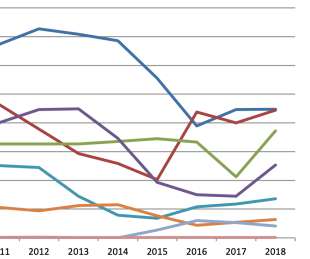Baker Institute team says fossil fuel subsidies need global reform
Green Car Congress
OCTOBER 23, 2020
There is evidence that fossil fuel subsidies are socially inequitable, that they encourage smuggling and waste, and distort economies in ways that undermine economic efficiency while harming the environment and the climate,” wrote Jim Krane, the Wallace S. Costs ranged from a low of 0.3% 5 consumer of oil,” Krane said.

















Let's personalize your content